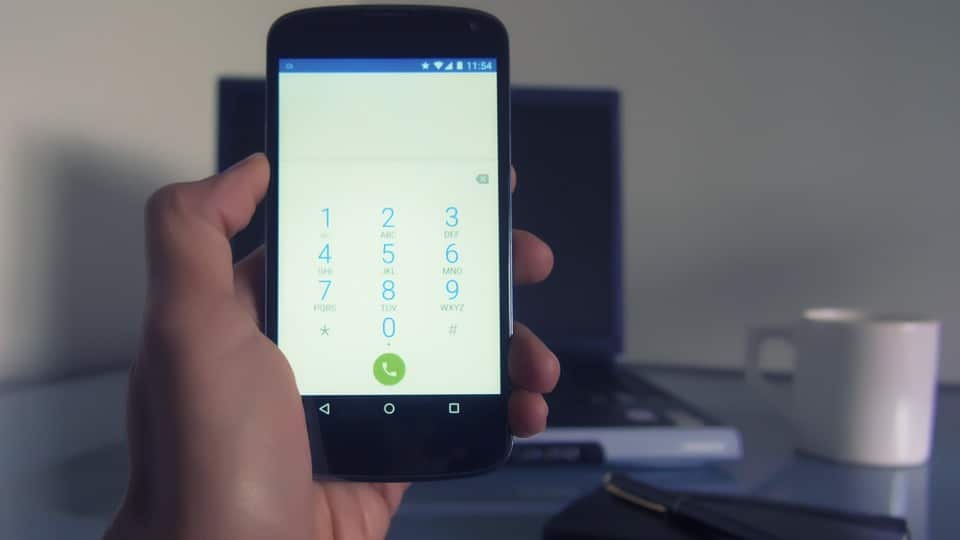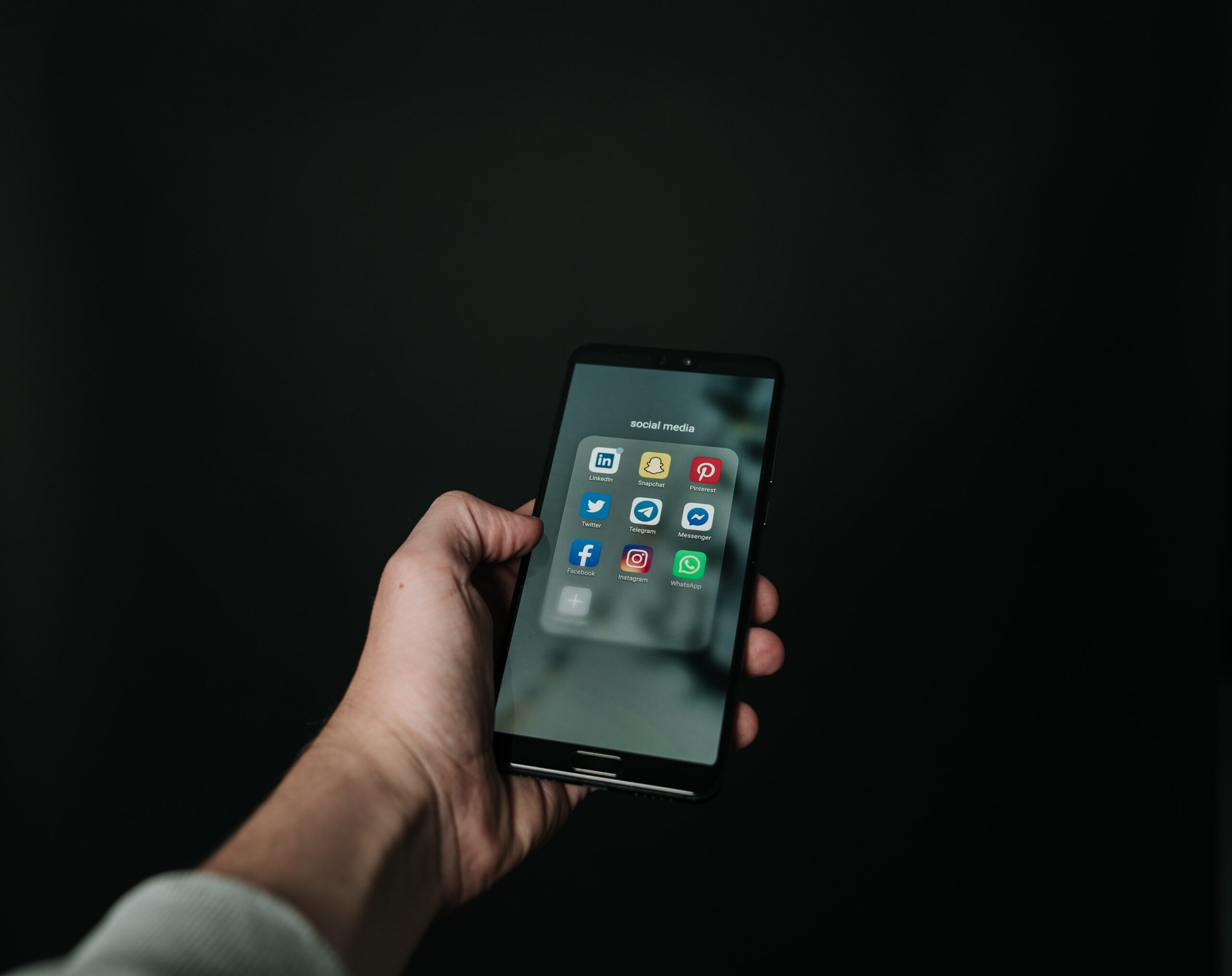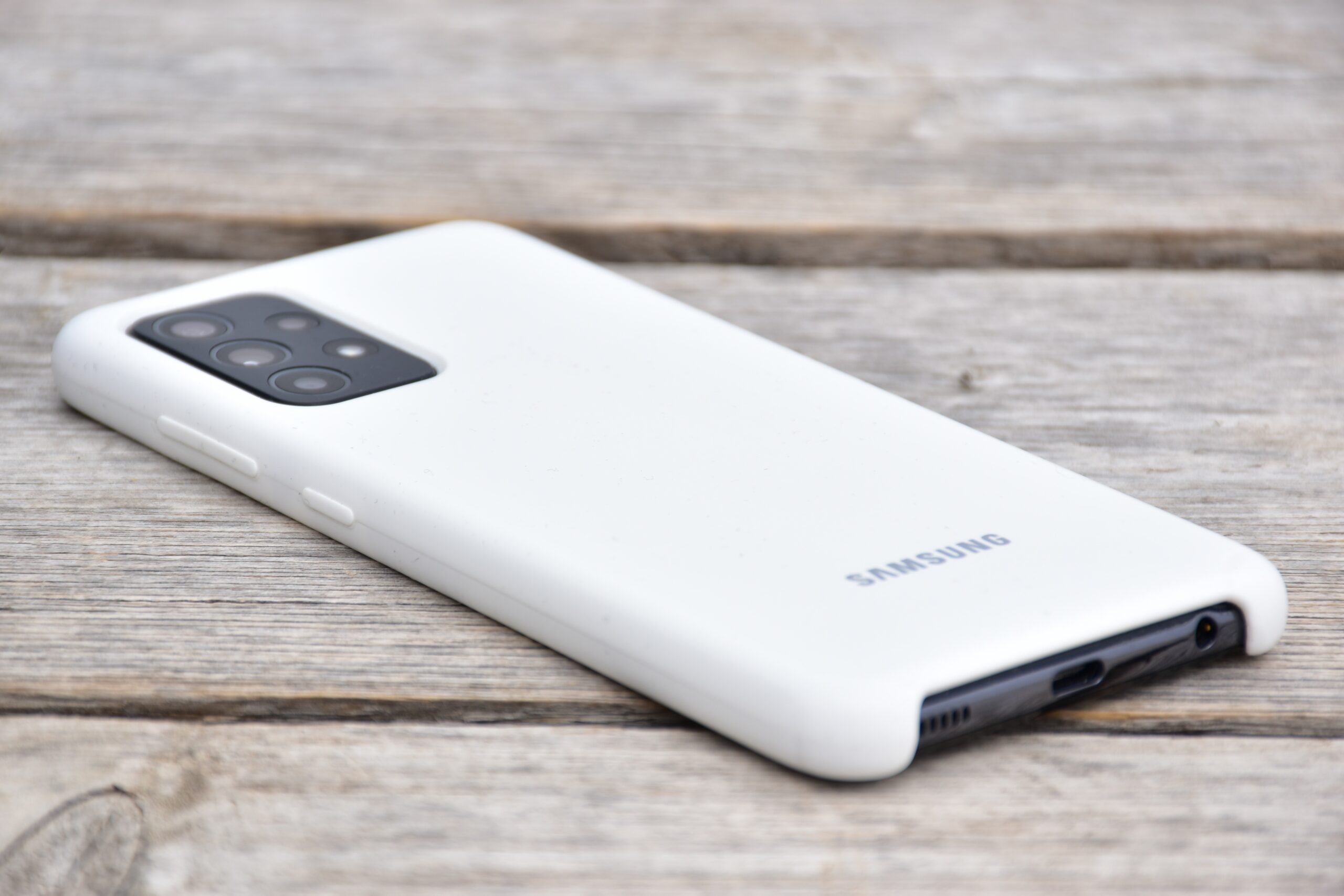Some practices can increase the risk of hacker attacks and expose your personal data. Learn how to protect yourself!
Nowadays, it is very common to hear about cyber scams, where criminals hack victims' cell phones, accessing their accounts on social networks and banking apps, making transactions and even impersonating the person to ask acquaintances for money. These hacks can be done in different ways, including sending fake links via email, WhatsApp or any other network, which, when accessed, can steal data from the device and the user.
To avoid this type of problem, which can cause a lot of damage, some actions can be taken to ensure greater security for cell phones, both Android and iOS. Find out now what not to do to avoid putting your smartphone at risk.

Cell phone security
Keeping your cell phone safe is ideal to prevent other people from accessing your data, including personal photos, which could lead to some type of exposure or blackmail by criminals. In addition, financial scams are becoming increasingly common, with people pretending to be victims to ask for money or to commit scams by selling fake products on social media. Therefore, it is important to protect your data to prevent people from hacking your device, especially through malicious links. Follow these tips and keep your privacy first.
Do not click on unsolicited links
To keep your data safe, do not click on links sent by unknown people via email, SMS, WhatsApp or any other network. By clicking on unknown links, you may give access to your data to unknown people, who can use it in a variety of ways. Therefore, be extra careful when clicking on suspicious links and when downloading files from the internet.
Don't keep your cell phone out of date
No update the operating system of your cell phone can pose several risks to your data. Updating the system serves to correct flaws in the device, including security ones, preventing invasions from being carried out. In addition, not updating the device can cause performance problems, problems with battery capacity and much more. Therefore, always keep your cell phone updated and avoid hacker invasions and other problems that can impair the use of your device.
Do not enter information into pop up links
Some users add login and password information when they receive pop-ups. The messages they receive usually advertise cash prizes, which attract attention and convince people of their authenticity. It is also common for these messages to offer prizes for filling out a form.
However, by clicking on these form links, the user may open a fake website, which may end up stealing information such as bank details and downloading malicious software onto the device. Therefore, it is recommended to access websites from official email addresses and only provide data after verifying them.
Don't forget to install antivirus
To keep a cell phone safe, it is ideal to install a antivirus application. When a device does not have this type of protection, it can end up being attacked by codes that steal information, including when using some applications. Therefore, antiviruses can be ideal for maintaining the privacy and security of user data.
Don't log in to public Wi-Fi
Logging into an unknown public Wi-Fi network can pose a number of security risks to your device. Criminals take advantage of the weak security levels of these networks to breach data, steal passwords, and more. If the connection is unprotected, it is also possible to learn the user's exact location.
Do not disclose personal and banking information
Many people end up sending personal and banking information to people they trust. However, when their cell phone is hacked, criminals can access this information more easily. With this information in hand, these people can carry out scams, make purchases, loans and financing in your name, without your knowledge. Therefore, do not send personal information through messages or phone calls.



